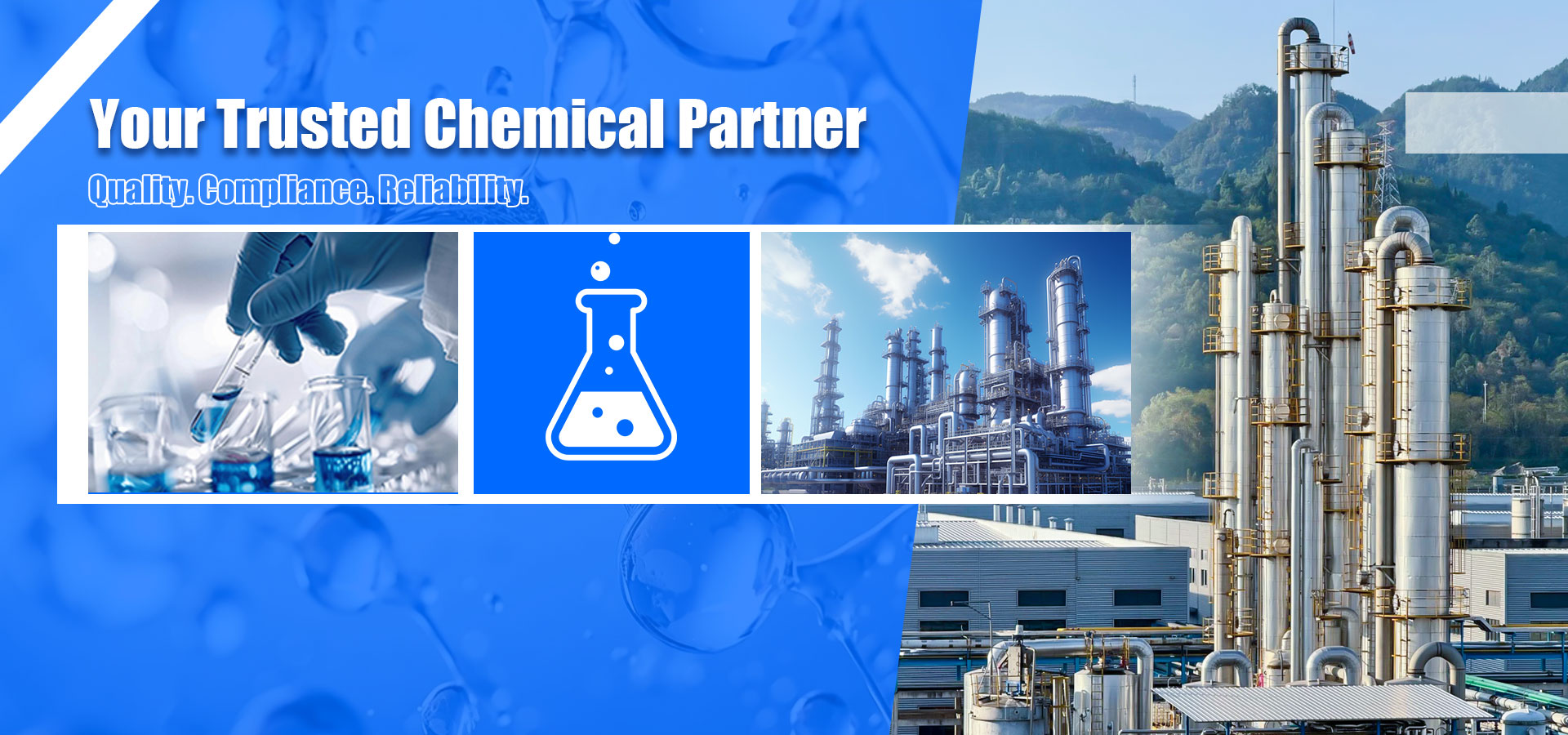Competitive Sodium Hydrogen Phosphate Na2HPO4 prices that fit your budget—flexible terms and customized quotes for every order.
For samples, pricing, or more information, please call us at
+8615380400285
or mail to
sales2@liwei-chem.com.
We will respond to you as soon as possible.
Tel: +8615380400285
Email: sales2@liwei-chem.com
As a leading Sodium Hydrogen Phosphate Na2HPO4 supplier, we deliver high-quality products across diverse grades to meet evolving needs, empowering global customers with safe, efficient, and compliant chemical solutions.
What kind of important tasks does Sodium Hydrogen Phosphate Na2HPO4 play in the fields of food and industry?
Sodium Hydrogen Phosphate Na2HPO4 has many important missions in the fields of food and industry. In the food industry, it is an excellent pH regulator and buffer. In dairy products, it adjusts the pH of the emulsion, prevents protein coagulation, and ensures uniform and delicate texture; in meat processing, it improves the structure of muscle protein and enhances water retention; in beverage production, it stabilizes the pH and maintains the flavor. In industry, Na2HPO4 is often used in sewage treatment, combining with heavy metal ions to form precipitation and purify water quality; in leather manufacturing, it is used as a depilatory and tanning agent to assist leather processing; it can also be used in ceramic production to adjust the performance of glazes and make the ceramic surface smooth and bright.
How to use Sodium Hydrogen Phosphate Na2HPO4 reasonably?
The application of Sodium Hydrogen Phosphate Na2HPO4 needs to be operated reasonably according to different scenarios. In food production, the amount added to dairy products is about 0.05% - 0.15%, and it is added slowly while stirring; meat products are prepared into a solution at 0.1% - 0.3% by weight of the meat; beverage preparation is added at 0.05% - 0.2% and the pH value is monitored. For industrial use, the amount of wastewater treatment is calculated according to the concentration of heavy metal ions in the wastewater, and the solution is prepared and added to the reaction; leather manufacturing, according to the process requirements, a solution of appropriate concentration is prepared for depilation and tanning; ceramic production, according to the glaze formula, accurately weigh and add to adjust the glaze performance. When using, the dosage and operation process must be strictly controlled to ensure that the expected effect is achieved.
What are the effects of long-term contact or consumption of products containing Sodium Hydrogen Phosphate Na2HPO4 on the human body?
Under the premise of reasonable use, contact or consumption of products containing Sodium Hydrogen Phosphate Na2HPO4 is generally harmless to the human body and can be metabolized normally by the human body. However, long-term and large-scale intake of excessive Na2HPO4 and excessive phosphorus will affect the absorption of calcium and disrupt the calcium-phosphorus balance of the human body. It is not good for children's growth and development, and may cause stunted bone development; for adults, it may increase the risk of osteoporosis and increase the burden on kidney excretion. If Na2HPO4 is directly contacted in industrial production, its dust may irritate the respiratory tract, and concentrated solutions may cause irritation and damage to the skin and eyes. Therefore, protection should be taken when using it, and the intake should be reasonably controlled.
How to store Sodium Hydrogen Phosphate Na2HPO4?
To store Sodium Hydrogen Phosphate Na2HPO4, you need to choose a suitable environment and container. It should be stored in a cool, dry, and ventilated warehouse, avoiding direct sunlight and humid environment, because it is easy to absorb moisture and agglomerate, affecting its performance. When storing, it should be stored separately from strong acids, strong alkalis, flammable, explosive and other dangerous chemicals to prevent chemical reactions. It is advisable to use well-sealed plastic bags, plastic barrels or woven bags to ensure that the container is not damaged and prevent moisture and impurities from entering. Lift and place gently during transportation to avoid damage to the packaging. Check the stored Na2HPO4 regularly. If there are abnormalities such as agglomeration and discoloration, deal with them in time to ensure its stable quality.
What will happen if Sodium Hydrogen Phosphate Na2HPO4 is used with other chemical raw materials?
Sodium Hydrogen Phosphate Na2HPO4 is used with other chemical raw materials in different situations. In the food field, it is used in beverages with citric acid to synergistically adjust the pH value and stabilize the flavor; it is mixed with gelatin for meat products to enhance the gel performance. In industry, it is used in sewage treatment with sodium sulfide to remove heavy metal ions; it is used in ceramic glazes with alumina to improve the gloss and hardness of the glaze. However, when mixed with strong acids, violent acid-base reactions will occur; when combined with some metal salts, precipitation may occur, affecting the production process. Therefore, before using them together, you need to fully understand the chemical properties of each raw material and mix them carefully to avoid adverse consequences.


